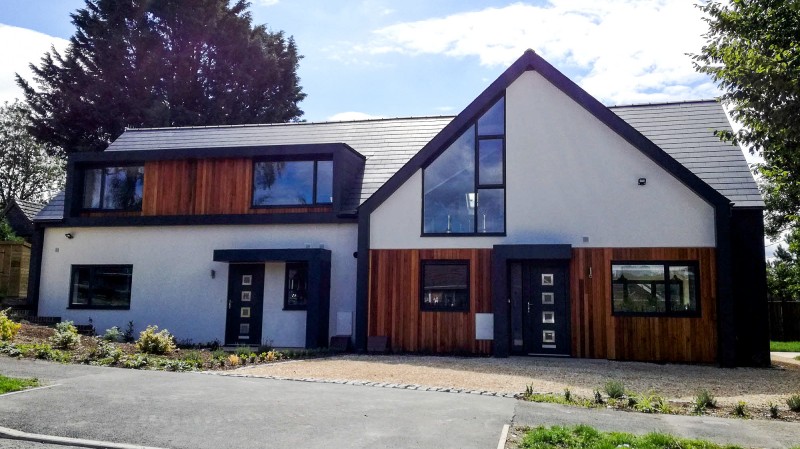You are here: House prices biggest monthly fall for six years
UK house price growth slows amid Brexit uncertainty and stagnant wages.
House prices fell at their sharpest pace for six years last month – wiping £2,265 off the average price tag, according to Britian’s biggest building society.
Prices fell by 0.5 per cent between July and August 2018 – equal to £73 a day - the biggest month-on-month decline since July 2012, Nationwide figures show.
While monthly price changes can be volatile, annual rate of house price growth slowed, increasing by 2 per cent down from 2.5 per cent in July.
The average house price was £214,745 in August compared to £217,010 in July.
In London, prices are falling at their fastest annual rate since the financial crisis, according to Office for National Statistics data.
Robert Gardner, chief economist at Nationwide, said despite the “slight softening” in annual house price growth it remained within a fairly narrow range of 2 to 3 per cent over the past 12 months. This suggested there was little change in supply and demand in the market, he said.
Slow wage growth and tougher mortgage rules that limit how much a person can borrow have constrained house price growth in many parts of the country, say estate agents.
Housing affordability has worsened the most in London over the last five years, Office for National Statistics data shows. In Kensington and Chelsea the price of a house is 41 times the average earnings. In Copeland, in the north west of England, the figure is 2.7 times.

Alex Atkinson, at Linley and Simpson estate agents, said Government is currently considering changing the rules – a move he would welcome. “I just had a flat sale fall though because the buyer said they had found somewhere else six weeks after their offer had been accepted and two weeks before we were due to complete.”
So, what can be done to reduce the risks of a deal falling through?
Paul Preen, managing director of Lang, Town and Country, in Plymouth, said: “In London, there has been a lot of foreign investment over the last six or seven years and that doesn’t seem to be there any more. Unfortunately, we don’t have Russian or Chinese billionaires buying block of flats in Plymouth!
“Our local market prices have levelled and we have a steady increase year-on-year. Salaries and mortgages, or what the banks are prepared to lend, have put a cap on the market.” Mr Preen said a return to house price increase in line with inflation was preferable to the peaks and troughs of recent years.
Estate agent Karl Morris, of Southdown Property Solutions, said uncertainty over Brexit was causing some homeowners to hold back from moving. This had led to a slowdown in the number of homes on the market, with more negotiation between buyers and sellers over price.
He said: “London has seen a slump which has a negative impact on everyone. Any time we speak to homeowners who are thinking about coming to market, the first they they talk about is Brexit. It’s imposible to escape it.”
Nationwide predicts house prices will rise by just 1 per cent in 2018, depending on how broader economic conditions evolve, including the jobs market and if interest rates continue to rise.
There are big regional differences in the housing market. House prices in West Midlands are rising faster than in any othe region of the UK, up by 5.8 per cent over the year, according to Land Registry figures in June.